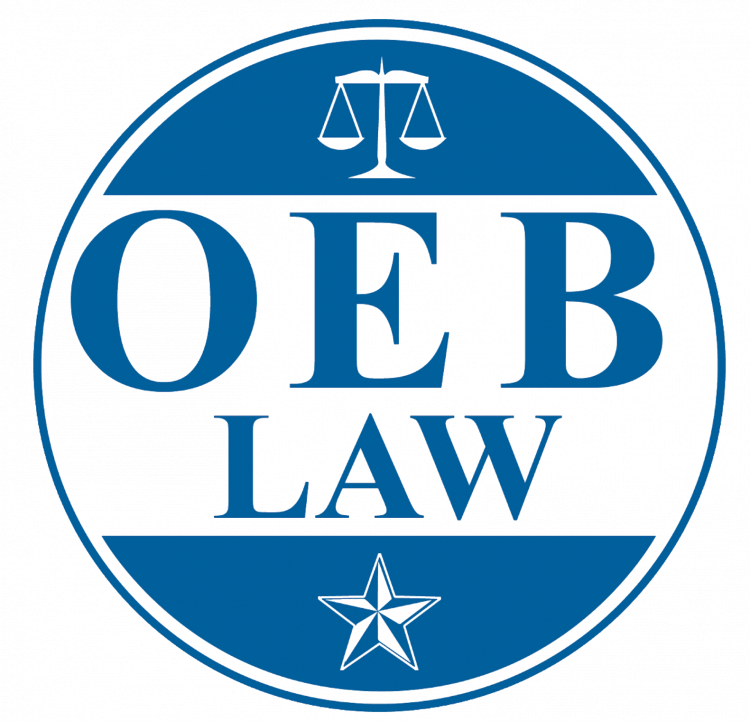The U.S. Food and Drug Administration (FDA) recently issued a safety alert regarding Invokana, a popular drug used in the treatment of type 2 diabetes. The FDA’s warning, commonly called a black box warning, linked canagliflozin—Invokana’s active ingredient—with an increase in lower extremity amputations.
In fact, patients treated with Invokana, Invokamet, or Invokamet XR required twice as many amputations as patients treated with a placebo. Recent research has also linked these drugs to serious kidney failure, ketoacidosis, heart attack, and stroke.
If you have taken any of these drugs and experienced detrimental side effects, the Knoxville Invokana lawsuit lawyers at the Law Offices of Ogle, Elrod & Baril, PLLC can help protect your legal rights as you seek out financial compensation. Call us today at 865-546-1111 to set up a case evaluation.
What is Invokana?
Canagliflozin drugs like Invokana work to control a patient’s blood glucose, or blood sugar, level. The FDA has approved this drug for use by patients with type 2 diabetes and it requires a doctor’s prescription.
If you are a currently taking this medication and have suffered any adverse effects, it is important to seek medical attention as soon as possible. Let your doctor know your symptoms so he or she can begin treating any complications you may be experiencing. Be sure your doctor records any test results thoroughly in your medical records. We can use these records to prove that your side effects occurred as a result of Invokana.
What are the newly identified complications of Invokana?
Invokana carries a number of significant complication risks. The most concerning of these risks include the following conditions.
Amputation and Bone Fractures
Patients prescribed Invokana have shown a dramatically increased risk of amputation after taking the drug. The most common types of amputation included toes and feet, but some patients lost one or both legs.
Patients also showed a greater risk of bone fracture while taking Invokana. This risk can begin as soon as a few months after starting the medication.
Diabetic Ketoacidosis
When ketones accumulate in the bloodstream, a chemical imbalance known as diabetic ketoacidosis occurs. Diabetic ketoacidosis is a severe condition requiring emergency medical treatment to return the patient’s blood sugar levels to normal. Invokana triggered this condition in some patients.
Symptoms include nausea, vomiting, excessive thirst, weakness, fatigue, shortness of breath, and confusion. Left untreated, this condition can be fatal.
Kidney Failure
In 2016, the FDA issued a warning of kidney failure related to Invokana. The warning described acute kidney injury and failure that may occur when taking this drug. Sudden kidney failure causes dangerous levels of toxins to accumulate in the body. Patients required hospitalization and dialysis for treatment and, in some cases, experienced irreversible kidney damage.
Heart Attack & Stroke
When the FDA initially approved canagliflozin for public use, the agency did so against the warnings of medical experts who expressed concern about increased risks of heart attack and stroke. Studies also uncovered an increased risk of cardiovascular disease.
Diabetic Foot
“Diabetic foot” is the term doctors use to describe the conditions that precede amputation. This condition primarily involves the hardening of blood vessels and destruction of nerve endings in the feet. Symptoms include pain and tenderness in the lower extremities, sores or ulcers that will not heal, and related infections.
If you have experienced any of these side effects after taking Invokana, contact our office today. Our lawyers can help you get the compensation to pay for your medical bills and any future care you may need as a result of taking Invokana.
What is the public’s response to Invokana and its complications?
Mass torts, also known as mass actions, are proliferating across the U.S. against the manufacturer of Invokana.
A mass tort is a type of civil, or non-criminal, action where multiple injured parties seek damages from a single defendant. Although mass torts share some similarities with class action lawsuits, they have one key difference: Each attorney handles each participant individually, rather than lumping them into one large class.
Because each attorney represents their plaintiff as an individual, participation in an Invokana mass tort requires establishing the facts of your case just as an individual action would.
Our lawyers can explain the legal process fully and help you determine if your injuries qualify for participation in a mass Invokana lawsuit. We can also work with you to compile the necessary medical records to document your injuries and prove they were the result of taking Invokana.
Can an Invokana lawsuit lawyer help you?
If you suffered kidney failure, ketoacidosis, or another serious side effect as the result of taking a canagliflozin drug, it is important for you to speak to one of our attorneys as soon as possible. Statutes of limitations may restrict how long you have to seek compensation for your injuries.
This page is not meant to provide medical advice and you should never stop taking any medication without talking to your doctor first. However, if you have experienced severe side effects from taking Invokana, Invokamet or Invokamet XR, speaking to our attorneys can help you understand your options.
At the Law Offices of Ogle, Elrod, & Baril, PLLC, we offer a free consultation and case review to help you learn more. Contact us today at 865-546-1111 to speak to a Knoxville Invokana faulty drug lawyer.
